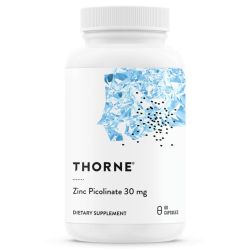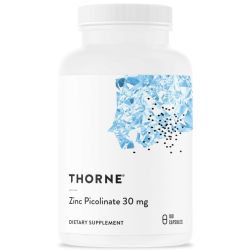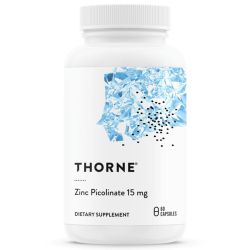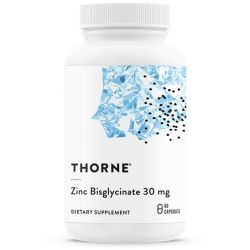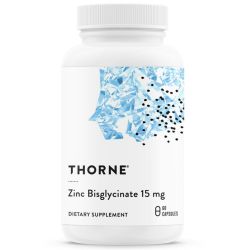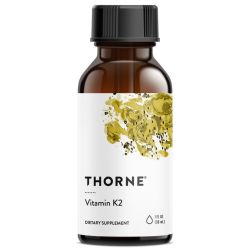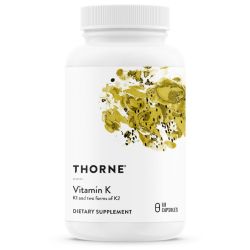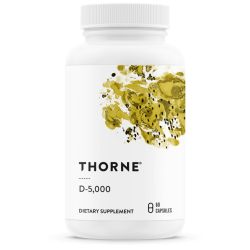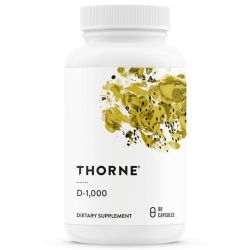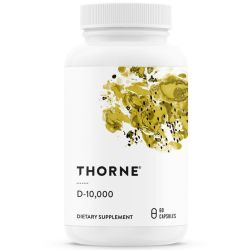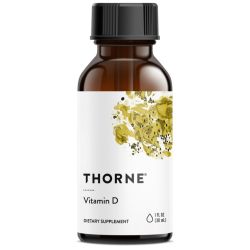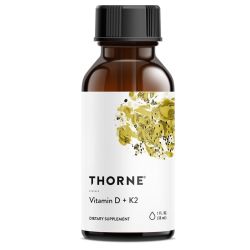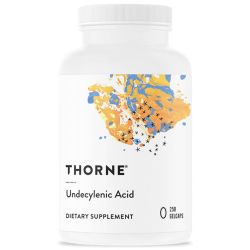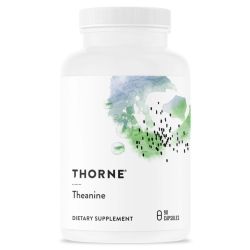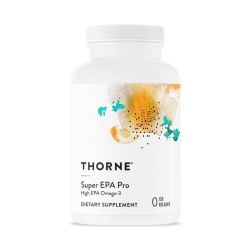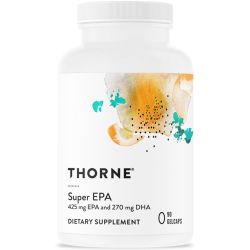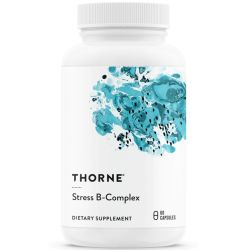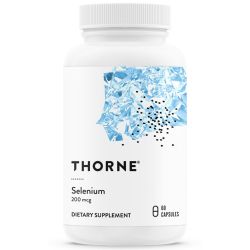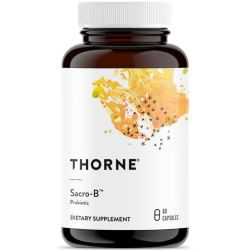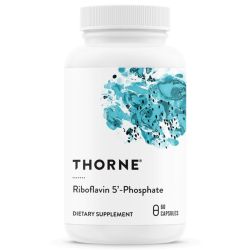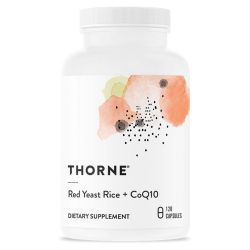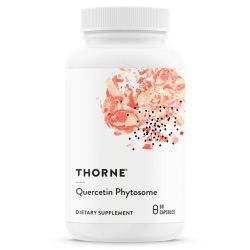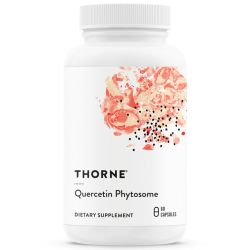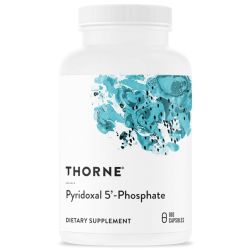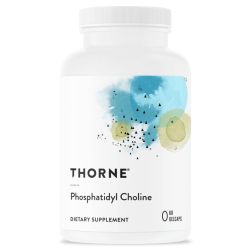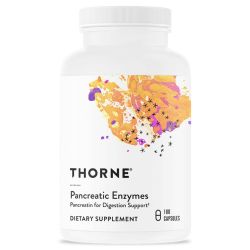Daily Supplements For Women & Men
Getting the right balance of nutrients from foods alone can be difficult. Daily supplements help support your health by giving you the right dose of the vital nutrients, be it vitamins or minerals, you need to stay strong, alert and happy.
We stock a range of high-quality supplements for men and women. These supplements can be taken as part of maintaining a healthy life, to address a lack of a specific nutrient, or to bolster your nutritional intake to support a more active lifestyle.
You can buy supplements online to support you at every age and in any circumstance, so you can feel in control of your health and provide your body with everything it needs. For example, you can find supplements for women post-menopause, daily supplements suited to children's needs, and supplements for men who lack energy or are in training.
All you need to know about Vitamins & Supplements
What supplements should I take daily?
If you follow a well-balanced and healthy diet, every day, your body should be getting the right amount of nutrients it needs. However, ensuring you have the right amounts of each nutrient, across vitamins, minerals, proteins, amino acids and more, is difficult to track. And that's before you consider any restrictions, such as if you have allergies to certain foods or are following a vegan diet.
You should speak to your GP if you think you need to take daily supplements, as they can advise what you might need based on your eating habits and lifestyle. As a starting point, you can find the recommended daily amounts of vitamins and minerals in our glossaries:
Do supplements really work?
Yes, supplements really work. They supply your body with the vitamins, minerals and/or other nutrients in doses that can be absorbed by your body. It's hard to define how necessary supplements are as it will depend on your eating habits and lifestyle. However, in general, Western society has moved away from the kinds of nutritionally balanced diets that would allow us to get all the nutrients we require – hence people consider supplementation. There are times when supplements are considered a necessity, such as during pregnancy when pregnancy supplements are NHS recommended regardless of how balanced the pregnant person's diet is.
What supplements should men and women take daily?
There are some vitamins, minerals and other nutrients that are recommended for everyone to take and there are some that are needed in different amounts, typically, for men and women. This is why we have supplements for women and supplements for men that are sold separately – it's not just a marketing choice. If you aren't sure what daily supplements you should take, then speak to your GP and get their advice.
Recommended vitamin and mineral supplement brands
There are many excellent high-end nutrient, vitamin and mineral supplement brands. Some of the most popular and recommended include:

